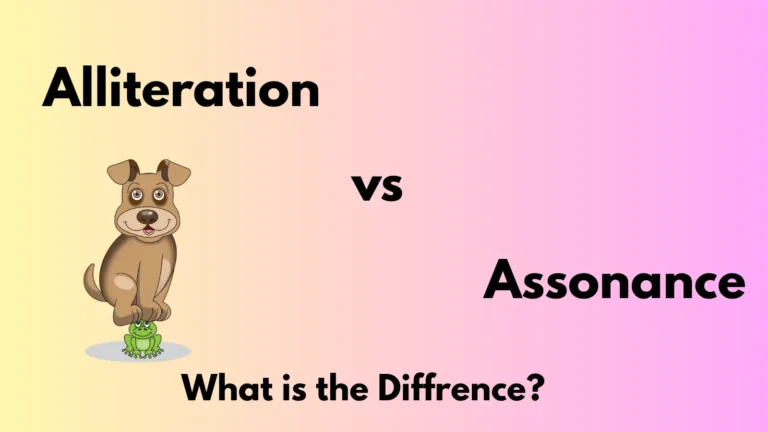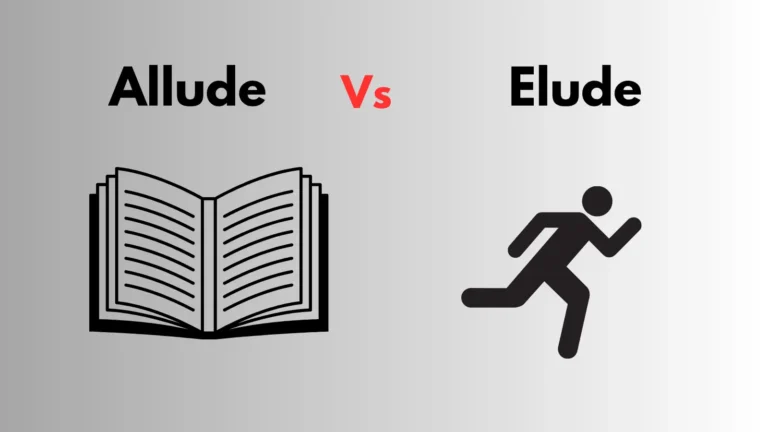Pre Vs Post? Choosing the Perfect Prefix
The prefixes “pre vs post” act as temporal signposts in language. “Pre” (from Latin “prae”) marks events occurring before a reference point, while “post” (from Latin “post”) indicates what follows. We choose “pre” for anticipatory contexts like “pre-meeting” preparation, and “post” for subsequent situations like “post-interview” analysis. Both derive from Proto-Indo-European *per- and entered English in the 14th century. The distinction between these complementary markers reveals linguistic precision worth exploring further.
Pre and Post: Tiny Words, Big Impact
We’ll examine the prefixes “pre” and “post,” which, despite their diminutive size, wield substantial linguistic influence as close cousins rather than true opposites. These temporal modifiers—with “pre” signaling events before and “post” indicating happenings after—transform base words with remarkable efficiency.
Let’s analyze practical applications: pre-ordering books, postponing meetings, completing prerequisites, and receiving post-surgical care all demonstrate how these prefixes precisely locate actions within a chronological framework.
Lets break “Pre” and Post
Although they may appear deceptively simple, prefixes like “pre” and “post” function as fundamental linguistic modifiers that substantially alter the temporal meaning of base words.
When we examine pre vs post semantically, distinct temporal relationships emerge. The prefix pre meaning “before” or “prior to” positions events antecedent to a reference point—never after. Conversely, the post prefix meaning exclusively denotes “after” or “following,” establishing posteriority.
These etymologically Latin-derived particles (prae and post, respectively) create precise chronological frameworks. Understanding that pre means before or after (never the latter) helps disambiguate complex terminology across disciplines from medicine to academia.
Close Cousins, Not true opposites
While “pre” and “post” establish opposing temporal directions, they exist not as true antonyms but rather as complementary linguistic markers within a chronological continuum.
The prefix pre meaning “before” and prefix post meaning “after” function as relational indicators, both referencing the same central event from different temporal positions. In examining pre vs post meaning, we encounter linguistic siblings sharing etymological roots in Latin—prae (before) and post (after)—both descended from the Proto-Indo-European *per-.
The pre and post definition reveals their conceptual symmetry: pre means before the referenced event occurs, while post means after it has transpired. They work in tandem to articulate temporal relationships with precision.
You Also Find Useful: Acclimate Vs Acclimatize Vs Acclimatise: Which Is the Right Verb?
Let’s Get Practical
Daily applications of prefixes showcase the profound utility of “pre” and “post” in precise temporal communication. When we pre-order merchandise, we secure items before general release. Conversely, post-surgical protocols address recovery needs following medical procedures.
Prerequisites establish foundational knowledge necessary before advanced study commences, while post-game analysis evaluates performance after competition concludes. Should circumstances necessitate schedule adjustments, we postpone events—shifting them to a subsequent timeframe.
A useful mnemonic: “pre-” initiates preparatory actions (before), while “post-” signifies consequential activities (after). These diminutive prefixes efficiently convey temporal relationships that would otherwise require additional explanatory phrases—demonstrating lexical economy while maintaining semantic clarity.
Pre vs Post: Crystal Clear Distinctions
How can we definitively distinguish between these ubiquitous prefixes that mark temporal boundaries in our language? The pre vs post distinction hinges on their directional orientation across time’s continuum. Pre indicates anteriority—events occurring before a benchmark moment; post denotes posteriority—phenomena transpiring after a reference point.
| Context | Pre- | Post- |
|---|---|---|
| Surgery | Preparatory protocols | Recovery regimen |
| Publication | Manuscript drafting | Critical reception |
| Event | Anticipatory arrangements | Retrospective analysis |
We’ve clarified the difference between pre and post meaning through this temporal framework. Post is after, never before—a critical distinction when precision matters in academic, medical, or professional contexts.
Origins of ‘Pre’ and ‘Post
We can trace the etymology of ‘pre’ to the Latin word ‘prae,’ meaning “before” or “in front of,” while ‘post’ derives from Latin ‘post,’ meaning “after.” Both prefixes evolved from the Proto-Indo-European root *per-, which connotes movement “forward” or “beyond,” illuminating their linguistic kinship despite opposing temporal indications.
Though ‘pre’ entered English vernacular in the late 1300s and ‘post’ followed in the 14th century, these chronological markers continue to function as essential linguistic tools for denoting temporal relationships in modern discourse.
Pre
What does the pre prefix meaning in contemporary usage? The pre prefix definition remains consistent with its origins—indicating anteriority or precedence. Consider prefix pre meaning and examples: pre-med (before medical school), pre-heat (before cooking), pre-existing (before current status).
What does pre mean as a prefix? Simply: that which comes first chronologically.
Post
Just as we explored pre-, the complementary prefix post- deserves equal scholarly attention. The post-prefix originates from Latin “post,” meaning “after” or “behind,” entering English lexicon circa 14th century. Notably, despite post- indicating temporal subsequence while pre- denotes antecedence, both derive from the Proto-Indo-European root *per- (forward/beyond).
When questioning whether post-before-or-after applies, remember: post- consistently signifies “after.” In post vs pre usage, post- attaches to roots forming terms like post-operative, post-modern, and post-graduate—all describing aftermath conditions. This attachment transforms base words into temporal markers indicating succession rather than precedence.
Examples in Context
Let’s examine how “pre” and “post” function through concrete contextual applications to solidify our understanding.
The prefix “pre” manifests in terms like “premeditated” (planned beforehand) and “preemptive” (acting before a threat materializes), whereas “post” appears in “postmodern” (after the modern period) and “posthumous” (occurring after death).
These examples illustrate how these prefixes temporally anchor concepts, with “pre” establishing antecedent conditions and “post” designating subsequent developments.
Pre
The prefix “pre-” manifests ubiquitously in contemporary language, attaching itself to base words to denote antecedent actions, conditions, or states. This powerful prefix meaning “before,” transforms words to indicate temporal precedence.
Let’s examine pre- in action:
- Predetermined – outcomes decided before they occur
- Premeditated – actions planned before execution
- Precognition – knowledge obtained before an event transpires
We encounter pre- examples daily: pre-recorded broadcasts, pre-cooked meals, and pre-arranged meetings. The pre- prefix functions as a linguistic time marker, signaling activities occurring before the base word’s action. Understanding pre- helps us comprehend temporal relationships in communication precisely.
Post
Counterbalanced against “pre-,” the prefix “post-” anchors itself in our lexicon as a temporal signifier denoting subsequent events or conditions. The post prefix definition specifically indicates occurrence after a particular point, creating derivative terms that reference aftermath.
Consider these illustrative applications:
- Postmodern – philosophical movement following modernism
- Postoperative – medical state after surgical intervention
- Postgraduate – educational pursuit subsequent to obtaining a degree
We encounter the prefix post meaning “after” consistently across disciplines. Post prefix examples permeate academic, medical, and cultural discourse, transforming base words by positioning them chronologically. Understanding prefix post meaning and examples enhances our precision when describing sequential phenomena.
Frequently Asked Questions
Can Pre- and Post- Be Used With All Words?
No, we can’t affix pre- and post- to all words. These prefixes primarily attach to nouns and adjectives describing events or conditions with temporal dimensions. Many words lack the semantic compatibility for these time-indicating morphemes.
Do Pre- and Post- Change the Part of Speech?
No, pre- and post- don’t typically alter a word’s part of speech. We retain the original grammatical function when these prefixes are added. Consequently, “game” and “postgame” remain nouns; “operative” and “preoperative” remain adjectives.
Are There Words Where Only Pre- or Post- Applies?
Yes, we’ve observed numerous words that accommodate only one prefix. “Posthumous” (after death) lacks a “pre” counterpart, while “preemptive” (acting before a threat) hasn’t developed a logical “post” equivalent in standard usage.
How Do Pre- and Post- Differ in Scientific Terminology?
In scientific terminology, we find pre- and post- denoting temporal relationships: pre- establishes antecedent conditions or preliminary phases, while post- indicates subsequent processes or resultant states following a defined experimental intervention or biological event.
Can Pre- and Post- Be Hyphenated or Written as One Word?
Pre- and post- can be hyphenated (pre-surgical, post-game) or written as one word (prenatal, postmodern). We follow style guides for consistency. Hyphenation typically occurs with proper nouns and to prevent ambiguity in scientific contexts.
Final Verdict
We’ve traversed the chronological dichotomy that these infinitesimal prefixes represent, from their proto-Indo-European antecedents to their ubiquity in contemporary discourse. The microscopic linguistic distinction between pre and post can precipitate cataclysmic shifts in meaning! They’re not merely temporal indicators but epistemic frameworks that structure our cognitive approach to sequencing. In mastering these prefixes, we’ve acquired nothing less than the cartographic tools for charting the entirety of temporal expression in written communication.
Sources
Wiktionary (pre- – Wiktionary, the free dictionary), Merriam-Webster (Post Definition & Meaning) , Cambridge Dictionary (PRE- | English meaning – Cambridge Dictionary)





